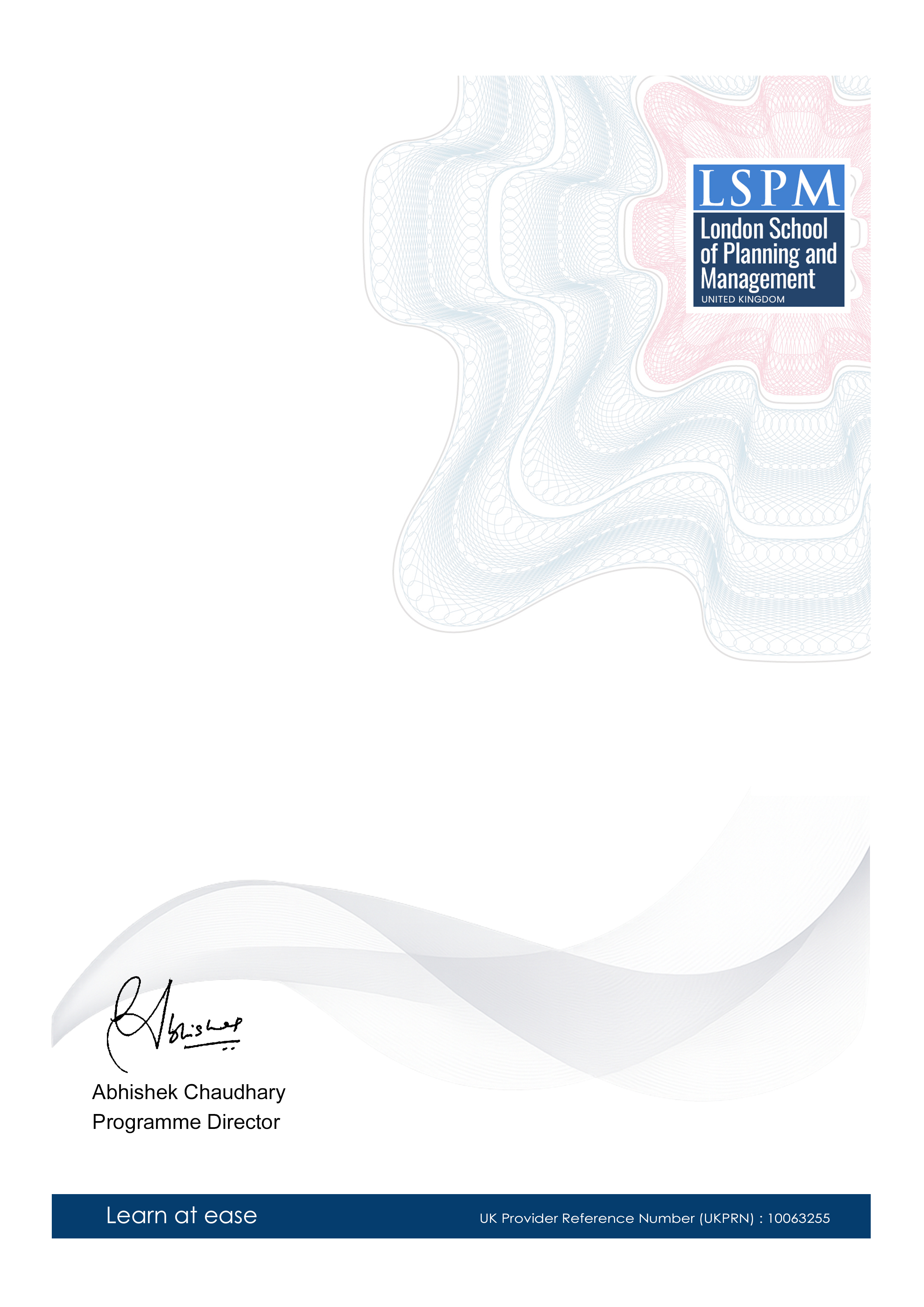Career Advancement Programme in Control Systems Failure Mode and Effects Analysis
-- viewing nowThe Career Advancement Programme in Control Systems Failure Mode and Effects Analysis (FMEA) is a certificate course designed to provide learners with the essential skills needed to advance in their careers. This program focuses on teaching learners how to identify potential failures in control systems and assess their impact on operations, ensuring the delivery of high-quality products and services.
3,271+
Students enrolled
GBP £ 149
GBP £ 215
Save 44% with our special offer
About this course
100% online
Learn from anywhere
Shareable certificate
Add to your LinkedIn profile
2 months to complete
at 2-3 hours a week
Start anytime
No waiting period
Course details
• Introduction to Control Systems: Understanding the basics of control systems, their types, and components.
• Failure Mode and Effects Analysis (FMEA): Overview of FMEA, its purpose, and benefits in control systems.
• FMEA Process: Detailed explanation of the FMEA process, including identification of failure modes, assessment of effects, and determination of severity, occurrence, and detection ratings.
• Risk Priority Number (RPN): Calculation and interpretation of the RPN, and how it is used in FMEA.
• Recommended Actions and Improvements: Strategies and best practices for developing effective recommendations to mitigate risks identified in FMEA.
• FMEA Documentation and Reporting: Guidelines for documenting and reporting FMEA results, and maintaining FMEA records.
• Integration of FMEA with other Risk Analysis Techniques: Exploration of how FMEA can be integrated with other risk analysis techniques, such as Fault Tree Analysis (FTA) and Hazard Operability Analysis (HAZOP).
• Case Studies and Examples: Real-world examples and case studies to illustrate the application of FMEA in control systems.
• Continuous Improvement and Maintenance: Strategies for maintaining and updating FMEA in control systems to ensure continuous improvement and risk reduction.
Career path
Entry requirements
- Basic understanding of the subject matter
- Proficiency in English language
- Computer and internet access
- Basic computer skills
- Dedication to complete the course
No prior formal qualifications required. Course designed for accessibility.
Course status
This course provides practical knowledge and skills for professional development. It is:
- Not accredited by a recognized body
- Not regulated by an authorized institution
- Complementary to formal qualifications
You'll receive a certificate of completion upon successfully finishing the course.
Why people choose us for their career
Loading reviews...
Frequently Asked Questions
Skills you'll gain
Course fee
- 3-4 hours per week
- Early certificate delivery
- Open enrollment - start anytime
- 2-3 hours per week
- Regular certificate delivery
- Open enrollment - start anytime
- Full course access
- Digital certificate
- Course materials
Get course information
Earn a career certificate

